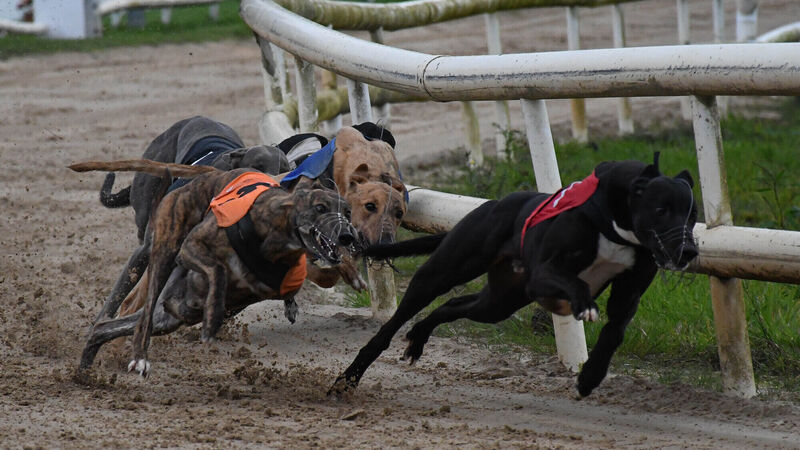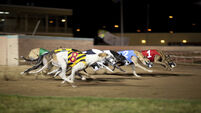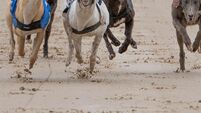Greyhound body denies sport is more focused on breeding than racing

GRI’s head of regulation Patrick Herbert, acknowledged that between 82% and 85% of all greyhounds racing in the UK are exports from Ireland. File picture: Howard Crowdy
The head of greyhound racing in Ireland has denied that the sport here is more focused on breeding than racing and said he does not agree with the suggestion that Irish animals are consistently sold at below-value-costs to Britain.
John Tuohey, the interim CEO of Greyhound Racing Ireland (GRI), told the Public Accounts Committee that he could not agree with the assertion of consultants Preferred Results who in a report from July 2022 had stated, based on publicly available information, that sales of greyhounds to the UK are being subsidised by the Irish taxpayer via the Horse and Greyhound Fund.













